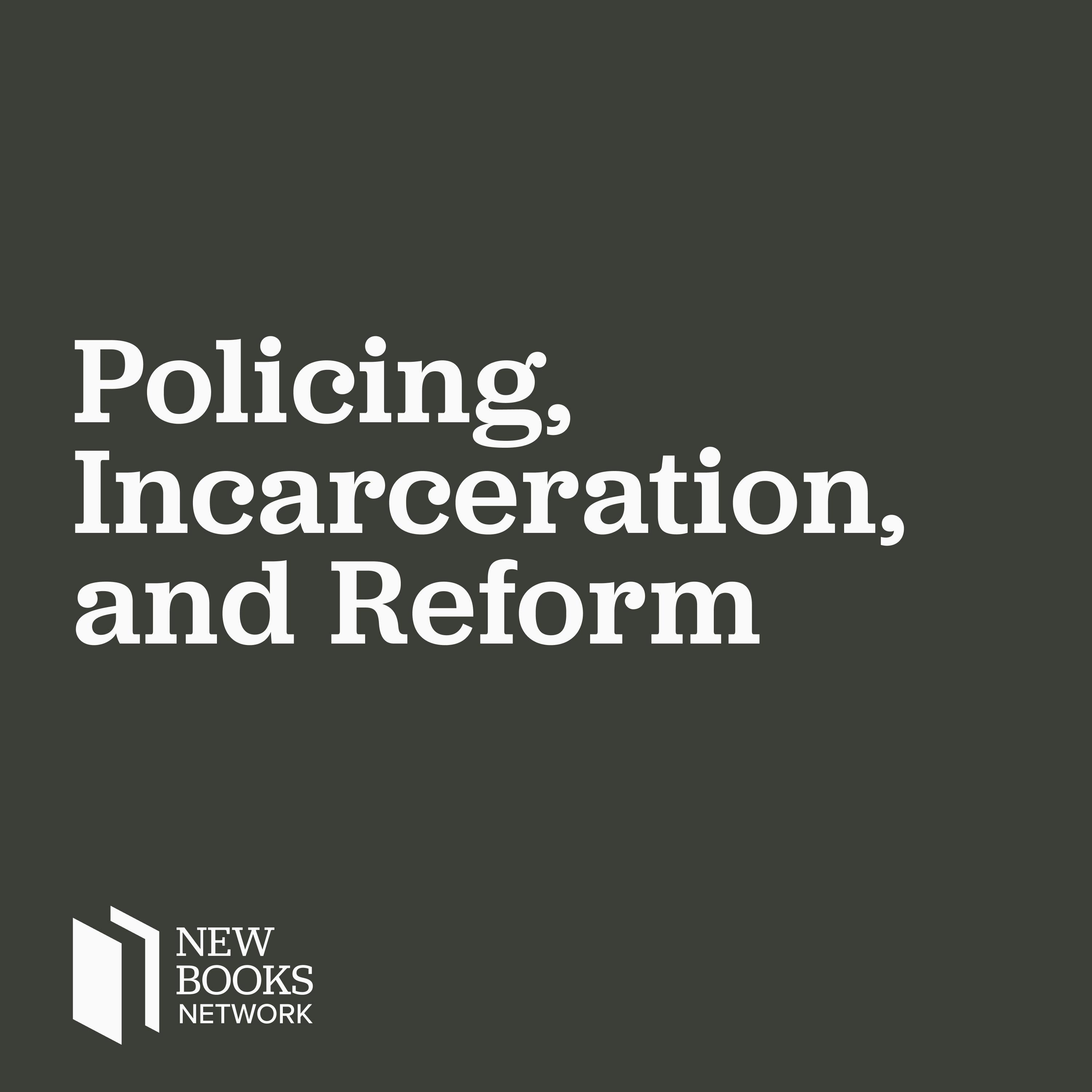Jessica S. Henry, "Smoke But No Fire: Convicting the Innocent of Crimes that Never Happened" (U California Press, 2021)
Description
Jessica Henry's Smoke But No Fire: Convicting the Innocent of Crimes that Never Happened (U California Press, 2021) explores a shocking but all-too-common kind of wrongful conviction: wrongful convictions for crimes that never actually happened. Henry's meticulously-researched book sheds light on how the US criminal justice system makes it possible to convict people of nonexistent crimes. By tracing this issue from first interactions with the police, to encounters with legal professionals, to judges' verdicts, and beyond, Henry's analysis explains in heartbreaking detail the impacts of convictions without a crime on those convicted and their families—as well as what this means for US criminal law. Drawing from Henry's own experience working for many years as a public defender, Smoke But No Fire will be of great interest to legal professionals, students, organizers, and anyone interested in criminal law.
Jessica Henry is a Professor in the Department of Justice Studies at Montclair State University. Previously, she worked as a public defender in New York City for nearly ten years. Her research focuses on the US criminal justice system, particularly wrongful convictions, severe sentences, and hate crimes.
Rine Vieth is an incoming FRQSC Postdoctoral Fellow at Université Laval. Interested in how people experience state legal regimes, their research centres around questions of law, migration, gender, and religion.
Further reading:
National Registry of Exonerations
Jessica Henry, "Smoke but No Fire: When Innocent People Are Wrongly Convicted of Crimes That Never Happened" in the American Criminal Law Review (via SSRN)
Michelle Alexander, “Go to Trial: Crash the Justice System” in the New York Times Opinion section
2024 New Jersey Clemency Initiative Announcement
Learn more about your ad choices. Visit megaphone.fm/adchoices
More Episodes
In this episode of High Theory, Faye Raquel Gleisser tells us about Risk. A calculable danger in economics, athletics, sociology, or healthcare, risk has become a socially constructed danger that changes who we are and how we move through the world. Faye asks us to think about how risk management...
Published 11/16/24
Published 11/16/24
The United States incarcerates its citizens for property crime, drug use, and violent crime at a rate that exceeds any other developed nation – and disproportionately affects the poor and racial minorities. Yet the U.S. has never developed the capacity to consistently...
Published 11/11/24


